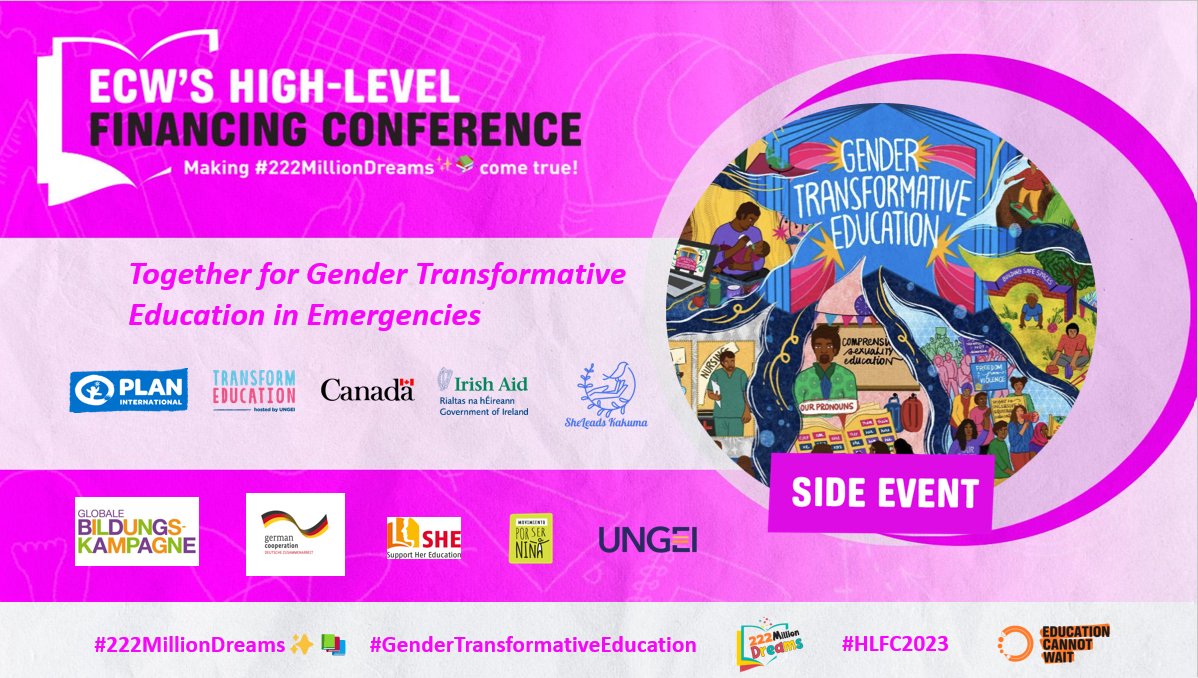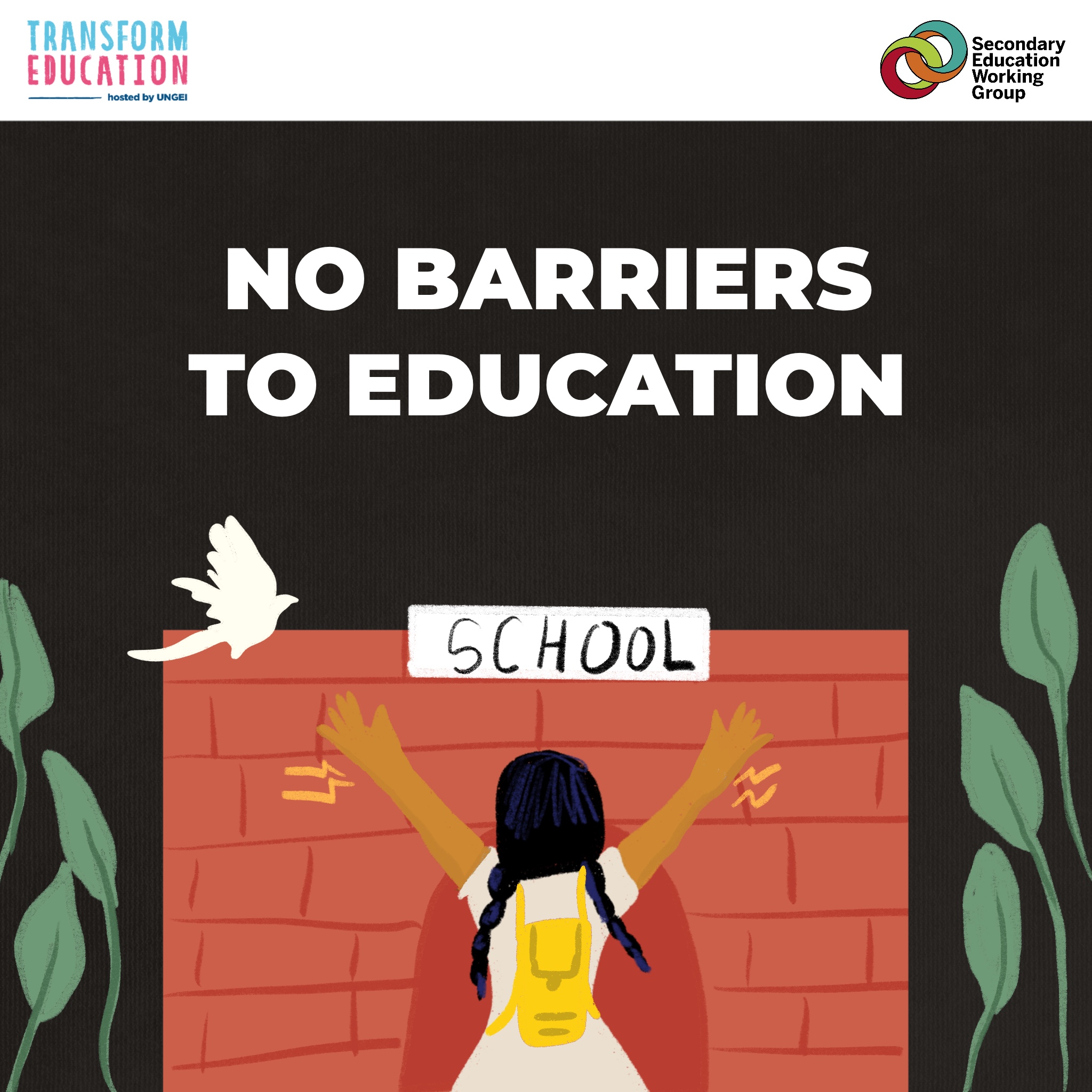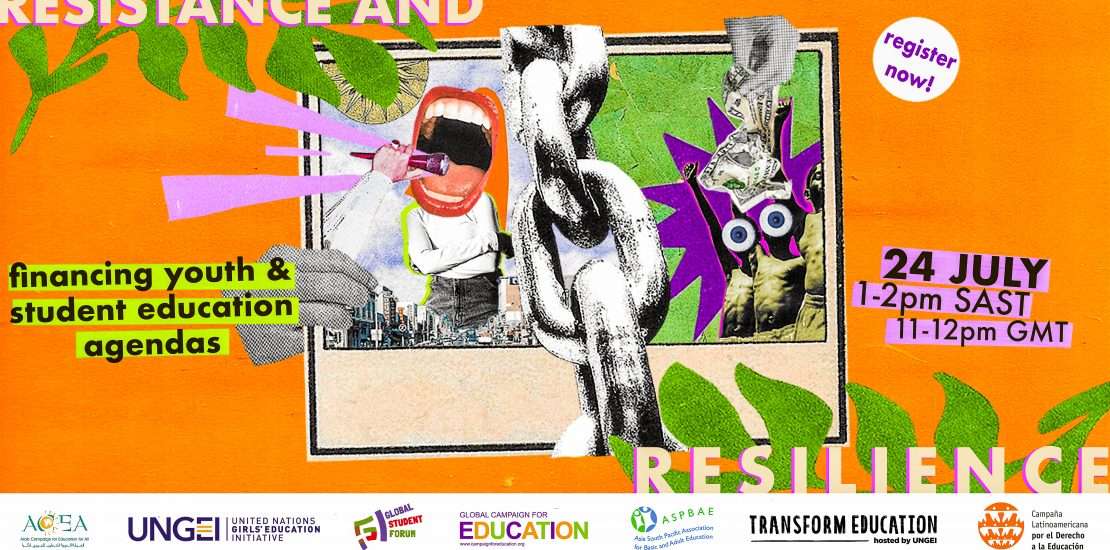Sophie Sandberg: a young feminist activist is the humble yet powerful human who founded @CatcallsofNYC which quickly turned into this global movement. Yep, she’s brilliant. What’s even more brilliant? That she shared this project with her sisters around the world to create Chalk Back.
Chalk Back has accounts in over 150 cities globally run by young activists from Nairobi, to Cairo, to Dhaka. The concept: people direct message a catcall they have been subjected to in the location it happened. The young activists who run the accounts then go to that location, chalk the exact words and then post the image online. The objective of the accounts: to #StopStreetHarassment and to create a global community of empathy and solidarity. By chalking back we are reclaiming the space where the harassment occurred.
As soon as I heard about Chalk Back, I had to be a part of this badass movement! So last year, my sis and I started an account in our city. Since then, I’ve been working with Sophie to continue to strengthen Chalk Back. I caught up with her through the most millennial method I know: WhatsApp Voice notes. We talked about all things Beijing 25+, the connections between SRGBV and street harassment and the importance of solidarity.
Addressing school-related gender-based violence (SRGBV) is an important area of work for UNGEI. You started a Stop School Harassment campaign. Can you share your thoughts about that?

The campaign came really organically, because back when I was just doing street harassment stories, I started getting messages from people in schools who said “this isn’t street harassment but it really reminds me of it”. So it showed there was a need for young people in schools to have a place to share their stories about harassment. It shows the overlap and connection between street harassment and school harassment and how both of them are deeply rooted into gender attitudes/norms.
I think transforming the world where there is no harassment in schools, would be the same world where there was no harassment on the streets and no harassment in the workplace. I think it starts in schools.
By running workshops about the type of harassment that’s happening in schools could be really transformative. Because too often with the school stories especially, young girls or students in the LGBTQIA+ community message me saying that they didn’t tell anyone their story because they were ashamed. They were worried that they’d be an outcast if they did or they told an adult their story (principal or teacher) and that person said: “it’s no big deal, boys will be boys”.
There was no learning moment, and there was no power that came from that story. So starting with schools, going into schools, teaching workshops about this behaviour would allow for these stories to have power. Running workshops about school harassment would be a powerful way to combat the continued silencing of these stories and using them to empower people who have faced similar harassment and also teach students that it is not okay and then shape their attitudes about gender for the future.
This year is the 25th anniversary of the Beijing Declaration. What does Beijing +25 mean to you and the Chalk Back movement?
Beijing +25 to me means that in terms of movement building activism and solidarity, it’s very much intergenerational. So something like Chalk Back is very connected to the first efforts that were put in place at the beginning of Beijing that were around building solidarity and coming together. In general, seeing the connection between movements and understanding that as a youth led-movement almost none of the participants of Chalk Back were born at the start of Beijing and yet the work we are doing is deeply connected to the mission that was put forth 25 years a go.
In general movements should be humble. In order to be a movement it’s important to understand it’s not about you. All movements build on one another. When thinking about gender equality the goal is to keep moving forward. So to think of Chalk Back as building on efforts put forth in Beijing definitely feels like a positive thing that builds on intergenerational solidarity and gives me hope for the future.
What’s your message of solidarity to girls, young womxn and gender non conforming folks globally?
My message of solidarity is that your story has power. It may have been silenced in the past, but there are ways to make sure it is heard. There are ways to find space for your story and share your story and create power from your story and your experiences. Also, listen to one another, in order to build solidarity around the world it’s so important to hear other peoples stories, to have open dialogues and conversations. Listen to each other - that’s another way to help yours or someone else’s story to create power.
May these words inspire. Here’s to Sophie and her fellow activists who are bravely transforming education for gender equality by shifting power dynamics through chalking!


